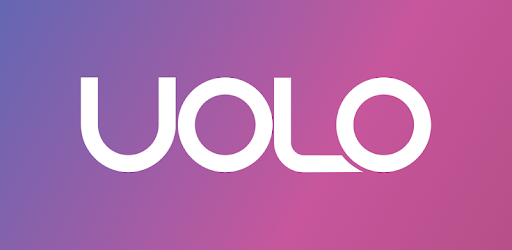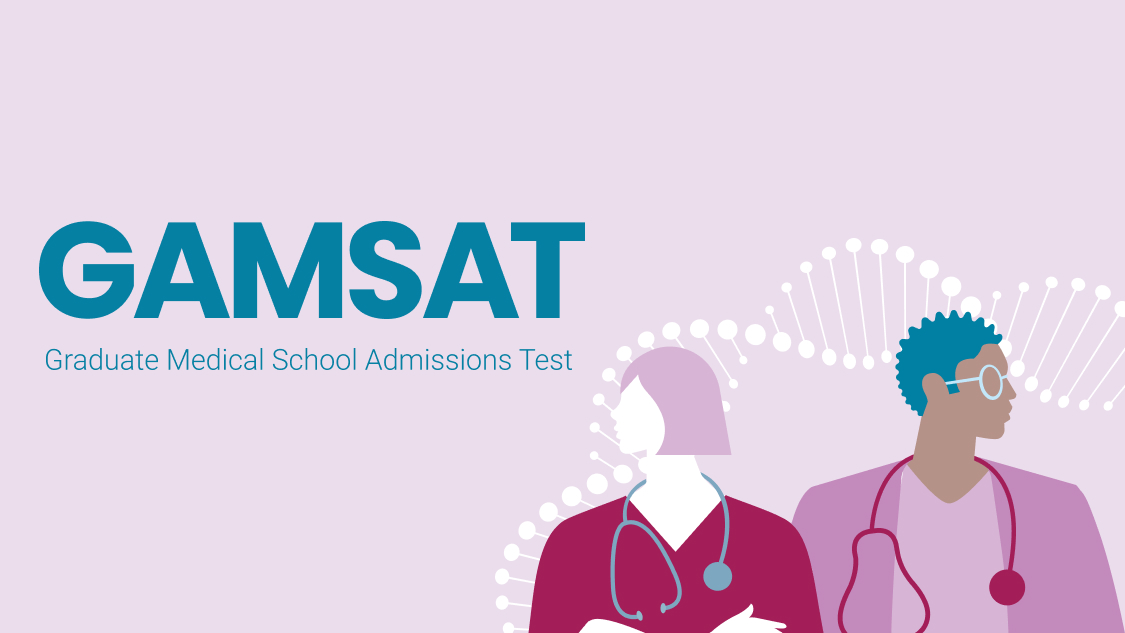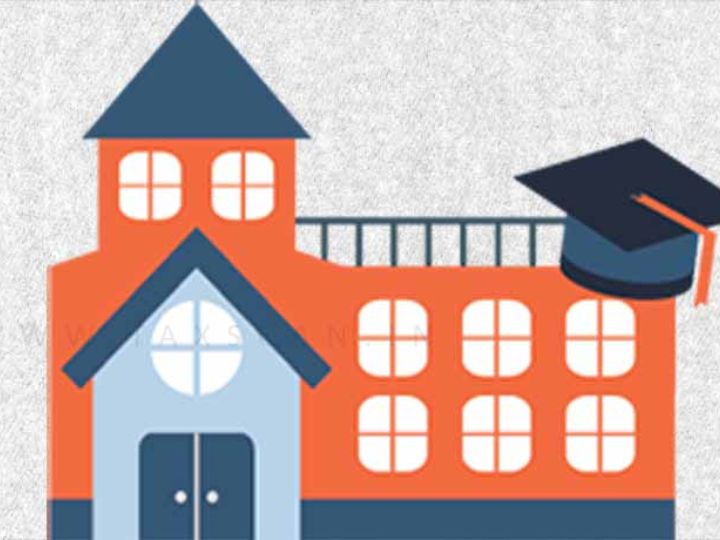
If a job candidate boasts the name of an Ivy League school in the education section of their resume, they are more likely to be better positioned to acquire a coveted professional position. This is mostly because of the understanding that Ivy Leaguers are better equipped with the skills and knowledge that organizations need to excel.
Yet, not everyone has access to degrees from Ivy League universities. Despite programs designed to welcome more minority and low-income students, the majority of Ivy League graduating classes are composed of the wealthy and white. Is it possible for the average job candidate to gain the knowledge and skill associated with the Ivy League without the exclusive connections and high cost?
In a word: yes.
Online Education From Ivy League Schools
The most straightforward way to avoid the obstacles to obtaining an Ivy League education is to take advantage of online education from Ivy League schools. Essentially every prestigious university offers online classes that are available to the masses, not merely students who have been accepted into degree programs at the school. Though these online courses are often not synchronous, meaning professors are not teaching directly to their class of students, students are nonetheless gaining access to some of the most cutting-edge thought and most talented minds in their field.
Professionals can find online short courses, which are like condensed programs designed to provide deep knowledge in a highly specific area, or they can find one-off courses on a particular subject. Some of these online courses are free and some require a small payment, but all are much more accessible to the average professional than a traditional Ivy League degree. In any case, students of these courses can list them on their resumes with the name of the Ivy League institution they attended.
Networking With Ivy Leaguers
Knowing Ivy Leaguers is almost as good as being one of them. The Ivy League is somewhat of a clique, with Ivy Leaguers preferring to associate personally and professionally with other Ivy Leaguers. Breaking into this in-group can be difficult but exceedingly rewarding. For example, institutions headed by alumni of the Ivy Leagues tend to hire from pools of Ivy League graduates, and information about open positions might only be available in Ivy League circles. By maintaining relationships with Ivy Leaguers, professionals can gain access to these exclusive opportunities.
There are a few different strategies for meeting and cultivating connections with Ivy Leaguers, including joining a startup accelerator to meet high-powered investors, business founders, executives and more, or using LinkedIn to find Ivy Leaguers in the surrounding area. In any case, professionals must keep up their network with face-to-face contact, which ensures deeper connections with the influential professionals in their sphere.

The Ivy League Mindset
The names of Ivy League schools always stand out on application documents, but in truth, a common reason many Ivy Leaguers are hired is they boast a mindset that tends to be attractive to employers. The Ivy Leagues tend to maintain a culture that encourages certain attitudes and behaviors, which develop into a worldview that allows for greater success throughout life. Fortunately, professionals do not need to spend four years on an Ivy League campus to manifest a similar outlook. By consciously altering one’s attitude and behaviors, any worker can develop the Ivy League mindset that opens professional doors.
Some of the most dominant attributes of the Ivy League mindset include:
- Curiosity. Ivy Leaguers enjoy learning and gaining skills. This drives them to continue improving even as they see success in their careers.
- Critical thinking. Ivy Leaguers are able to take in data and analyze it to make decisions that result in a more positive impact for their organization.
- Adaptability. Ivy Leaguers can recognize changes to their environment and alter their behavior to account for those changes while continuing to pursue success. Ivy Leaguers also use their adaptability to learn from their mistakes.
- Passion. Ivy Leaguers have the opportunity to identify their passions and find ways to develop those passions into lucrative careers.
- Ambition. Ivy Leaguers consistently want to do better — than their peers and their past selves, which drives them to new heights in their careers.
Unfortunately, the Ivy League can also breed elitism, entitlement and toxic competitiveness — but these are traits professionals who do not have the true Ivy League experience can easily avoid. By sticking to the positive aspects of the Ivy League mindset, professionals can best those who have manifested the dangerous Ivy League mentality.
The Ivy League is a powerful tool in a job candidate’s arsenal, but there are plenty of ways to gain the benefits of the Ivy League without suffering the detriments. By thinking creatively about what the Ivy League offers, professionals can see Ivy League–level success.





